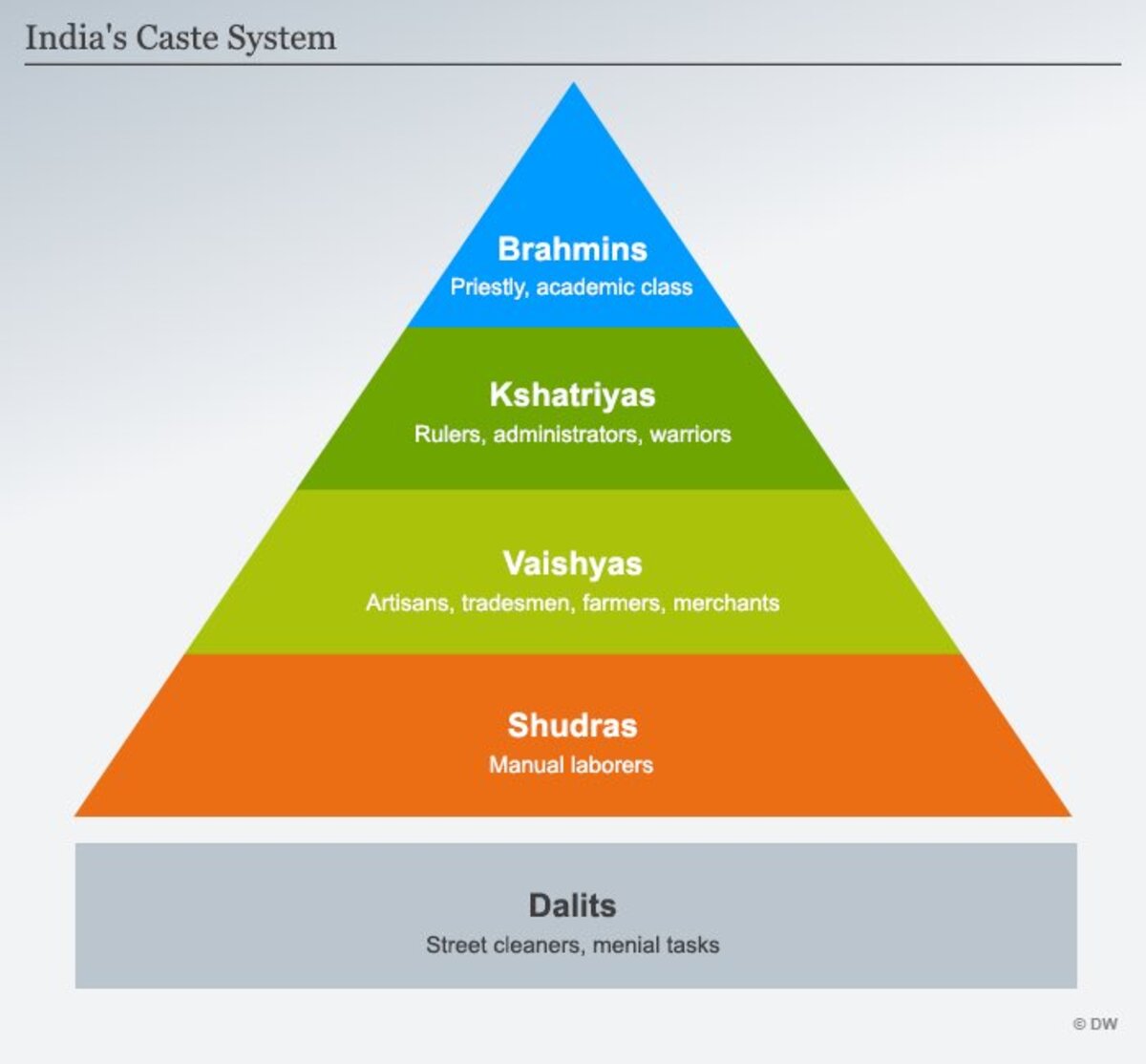
Agrandissement : Illustration 1

The second half of 20th century saw big political movements in America—feminism, Civil Rights, gay and lesbian liberation, and indigenous American protests. Then came the “indentity politics” of “multiculturalism” from Canada, which ruined all of them for us.
While multiculturalism and its bratty kid, identity politics, underwent a profound crisis in the last decade, they continue to play an eminent role in the U.S. —albeit in a considerably different manner. Nobody in politics, the media, and academia will ever admit this, so it leaves us free to form our own opinions. Francis Fukuyama, who popularized it, more recently came out against identity politics, and he was smeared by that establishment.
In the simplist terms, it is caste discrimination. Within the context of the British concept of “multiculturalism” coming from Canada, and the constraints of “identify politics” that it brings, what forms is a Western construction of Hinduism and of the caste system.
I recognized it in what the Canadian and British settler colonialists were trying to do in Ukraine. Ukrainians put their Faith in God before anything else, and the Orthodox Church is their entire community. In Ukraine "Christianity” is a religion, not a group identification, like the political class in America have exploited it for identity politics.
Once again, you will almost never ever get a straight answer from somebody who self-identifies as an intellectual or pundit because they are in on the racket, especially when it comes to Zionism. The conflation of Zionism and Jewish identity, and the idea that identity politics is a really important thing, Zionists came up with to divide people, dehumanize people and remove people’s dignity.
Identity politics dehumanizes people and empathy becomes absent. Evil is sometimes called the absense of empathy. That is how Hitler did it in Germany where Nazis dehumanized Jews, Slavs, gays and any people of color, with these kind of tactics, and then they exterminated them.
One of the very few honest journalists out there, Chris Hedges, has criticized identity politics as one of the factors making up a form of "corporate capitalism" that only masquerades as a political platform, and which he believes "will never halt the rising social inequality, unchecked militarism, evisceration of civil liberties and omnipotence of the organs of security and surveillance." I agree with him. It is yet another pyramid scheme.
There is a longstanding nexus between identity politics and imperialism, including the 19th century interventions by British imperialism into the Ottoman Empire that were justified on the pretext of protecting the rights of women.
America's identity politics went from inclusion to division. That was the point from the get-go, sowing division. Divide-and-conquer. But it didn’t pan out for the corporations and the very wealthy, like George Soros, who poured billions of dollars into government-subsidized “perception management” campaigns.
Identity politics attempted to replace both religion and traditional politics and embed a new metaphysics into our society: a new religion, if you will. But it failed.
Then, U.S. President Donald Trump came along and in his brilliance he took what little value was left in identity politics and poured battery acid on it.



